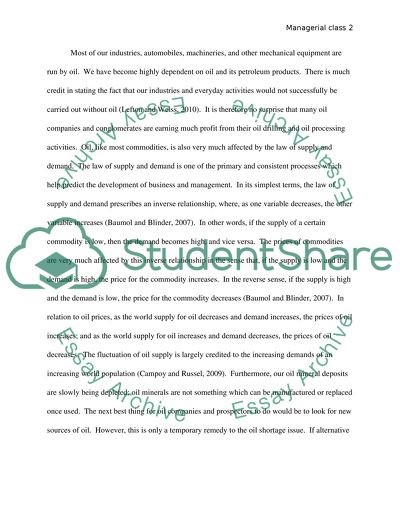Cite this document
(“Gas Prices and the Law of Supply and Demand Essay”, n.d.)
Retrieved from https://studentshare.org/environmental-studies/1407300-gas-prices-and-the-law-of-supply-and-demand
Retrieved from https://studentshare.org/environmental-studies/1407300-gas-prices-and-the-law-of-supply-and-demand
(Gas Prices and the Law of Supply and Demand Essay)
https://studentshare.org/environmental-studies/1407300-gas-prices-and-the-law-of-supply-and-demand.
https://studentshare.org/environmental-studies/1407300-gas-prices-and-the-law-of-supply-and-demand.
“Gas Prices and the Law of Supply and Demand Essay”, n.d. https://studentshare.org/environmental-studies/1407300-gas-prices-and-the-law-of-supply-and-demand.


